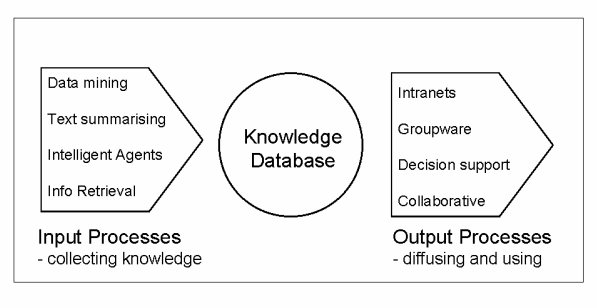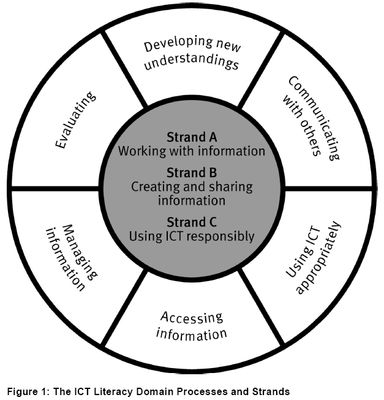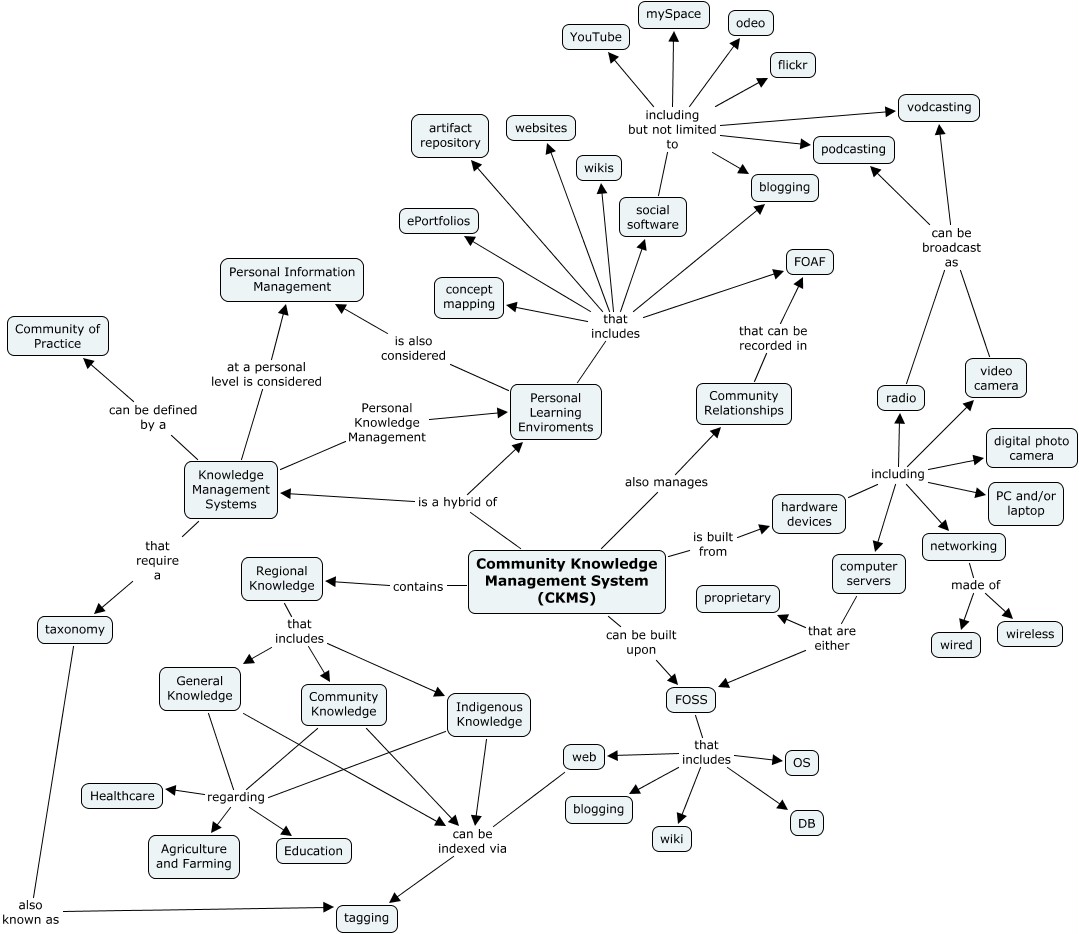The knowledge transfer process in the digital age is composed of various basic ingredients.
"Knowledge transfer" refers to learning in the broadest sense, including lifelong learning, professional training including – training of journalists, librarians, decision-makers,community workers, knowledge workers and any audience for "learning" or, simply, for knowledge acquisition.
The presumption that knowledge is a key driver of social and economic development - which includes notions of cultural identity, empowerment, inclusion and human security and dignity - is a core foundation of knowledge transfer.
ICTs afford an exciting opportunity to begin questioning some of the basic assumptions and choices that were predicated on them and to re-open discussions around the nature of learning, the content of learning and the role of facilitators and places for learning.
Learning modes are set to become a diversified mixture of self-instruction, group work and tutoring. This process will be complicated and difficult, particularly as there are many different audiences of learners to be targeted - students, skilled workers, general public, young children, out-of-school, primary age, secondary, tertiary, etc.
The solution lies essentially in the organizational, pedagogical and cultural realms, but ICTs can have a key enhancing role if applied correctly.
of on-line connectivity, virtual environments and choice of delivery media as well as groupware methodologies can contribute to building a tradition of life-long learning. The trend is now towards multimedia systems combining text, data, sound, all types of image (single frame, video, 3-D) and even touch and other
senses (virtual reality).
Although multimedia have mainly been successfully applied to entertainment and to very specialized training (e.g. flight simulators), their potential for contribution to "mainstream" education is enormous provided that new paradigms evolve for conceiving, developing and financing such applications.
The shared presence of "virtual communities" holds particular promise for educational applications - but unexplored issues need to be addressed by educators, information scientists, psychologists and even philosophers, as well as pursuing technical questions as to how the associated  new ICTs can be applied with the limitations of developing country situations.
new ICTs can be applied with the limitations of developing country situations.
A Holistic Approach to ICT-Enabled Knowledge Acquisition Knowledge acquisition is a life-long process which can be significantly enhanced through the appropriate use of emerging ICTs.
On this basis, knowledge transfer activities focus on capacity building and professional development, digital content creation, digital content standards and repositories, policies and regulatory frameworks, connectivity and networking infrastructures, and underlying business models.

 ශිල්ප 64
ශිල්ප 64